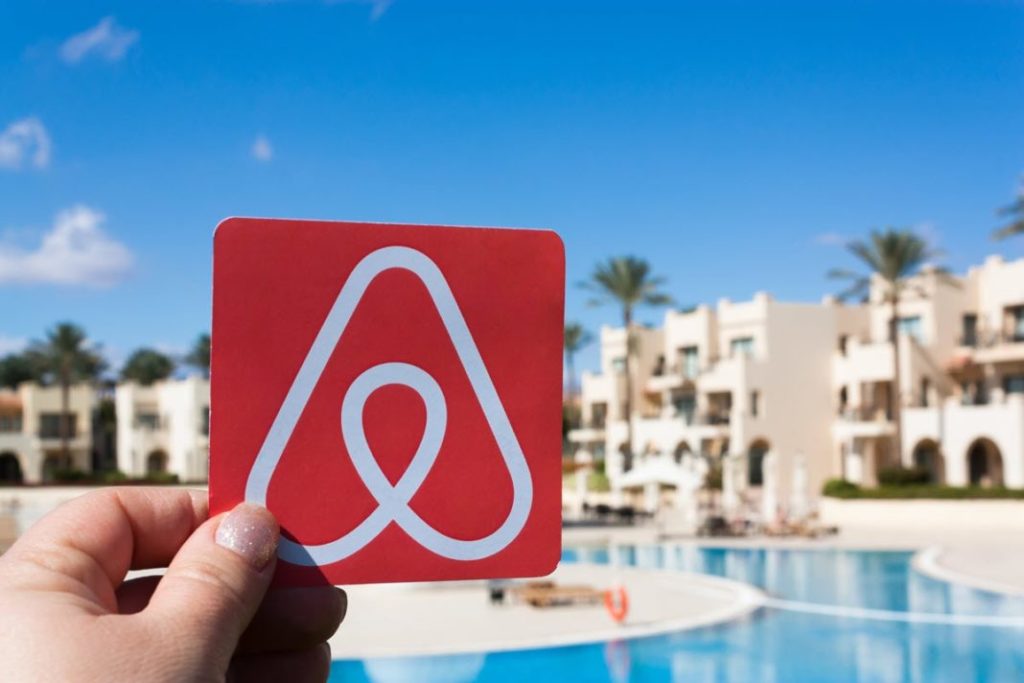Short-term rentals have become quite a common occurrence nowadays, particularly for people that no longer see the appeal of hotels and wish to obtain the privacy of their place.
Platforms such as Airbnb have become quite popular – and have grown quite a lot in the past few years. The application now offers more than 4.5 million listings all around the world – the places either being entire apartments or just one rented room at a self-established price.
An Income from the Heated Housing Market
Since Airbnb allows people to list their spare rooms (or apartments) to potential guests from all over the world, this type of business has become quite attractive as an alternative source of income. It also adds as an excellent opportunity for the visitors, since they can get more affordable prices for their stay.
The popularity of these platforms is bringing benefits in certain areas – and drawbacks in other. It led to strong oppositions, mainly because of decreasing affordability for housing, unfair competition, illegal utilization, as well as other building drawbacks.
Local governments around the world have a different response to the regulation of short-term rental platforms. Many cities did not regulate these platforms significantly, but they may be required to submit to specific restriction. For example, in Berlin, a host is required to occupy the house at least 50% of the year. San Francisco, on the other hand, allows only a maximum of 90 days of rental every year, along with a 14% hotel tax.
The Need for Local Housing Market Regulations
The effects of these regulations are relatively straightforward. From basic economic theory, we know that the lack of negative externalities (i.e., controls) leads to the reduction of house prices (rent included) as the most efficient housing use is restricted.
This reduction will be more pronounced in locations that are particularly appealing to tourists. However, due to these negative externalities, one more drawback may come forward: the increase in prices on the housing market. It may be surprising considering that, as Airbnb claims, “it brings more money into these cities – money that includes both rent and the money people spend during their stay.” Therefore, the money is going to the communities – improving the economy of a particular city or country.
Areas that are attractive to tourists and feature a fair number of Airbnb listings have a higher chance of experiencing a rise in house prices and rent. One example has been the city of Los Angeles, whose prices have increased by 10% due to the presence of short-term rental platforms. This phenomenon does not apply to areas with smaller tourist demands, which experienced relatively small effects.
The Bottom Line on Short-term Rentals
To conclude, one cannot know for sure what the net effects of short-term rental platforms are on the long term. However, with the prices of general housing and rent continuously rising, it is expected that the real estate market might go through a substantial decline eventually. For now, investors may have to pay much more than they anticipated, considering local housing market prices.
The post Do Short-Term Rentals Affect Local Housing Markets? appeared first on Terra International Realty.

